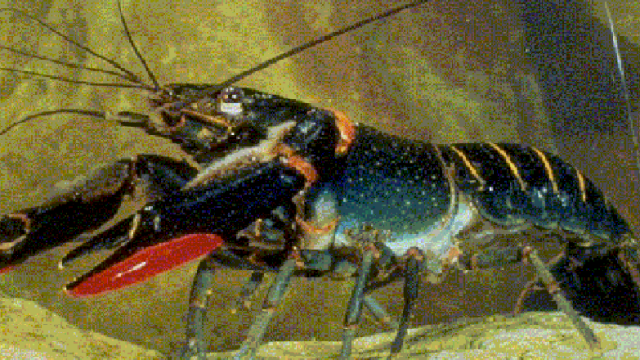A group of researchers is arguing against what they call “xenophobic leanings” against invasive species, saying that economic benefits of invasive species should be taken into account when conservationists are deciding how to deal with them.
An invasive species can wreak havoc on a native ecosystem. In any given environment, species evolve together. If an insect evolves camouflage to hide from birds, for instance, the local birds may evolve better vision to find their prey; over time, the two species evolve a sort of a balance that keeps one from getting the upper hand and driving the other to the brink. When a new species enters that environment, it may find no natural predators there, or its new prey may have no natural defences against it.
In Jamaica, red-clawed crayfish have mostly displaced the island’s native Macrobrachium shrimp, which are a staple of the local fishing industry. But it turns out that the red-clawed crayfish population doesn’t vary seasonally like that of the shrimp, so the invasive crustaceans are not only making up for the lost shrimping income, but actually providing a more stable source of income for some Jamaican fisherman.
On the other hand, the profitability of an invasive species won’t bring back native species – like Jamaica’s Macrobrachium shrimp and others around the world – that may be wiped out by the invaders. [Hakai Magazine]
Image credit: Enaca.org
